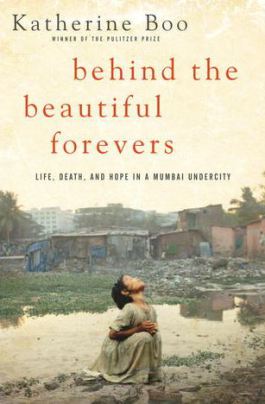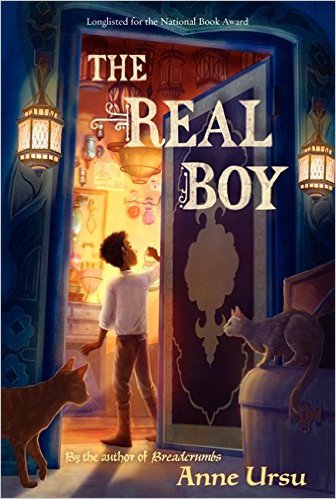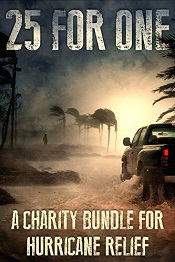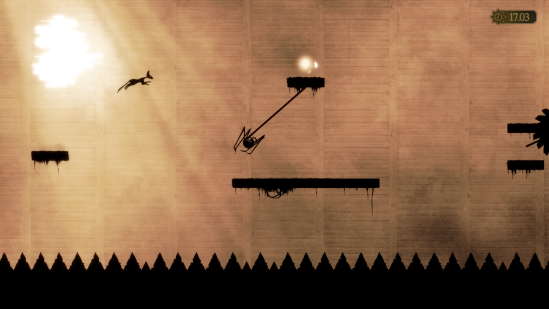
Image courtesy of Goodreads. Original here.
Hi, friends! We’re back!
For our first post since vacation, we’re sharing some advice from Katherine Boo, who’s perhaps best known for writing the 2012 National Book Award winner Behind the Beautiful Forevers. We found her list of principles for responsible nonfiction storytelling thought provoking. The original story is here, published by Nieman Storyboard on July 25, 2017 and written by Katia Savchuk. We’ve condensed Boo’s rules below.
Katherine Boo’s 15 rules for narrative nonfiction
It’s not enough to tell the stories of victims. I also need to investigate perps.
I let what I hate give me wing. —It doesn’t matter what pisses you off, she says, as long as you pay attention to that feeling. “Writing against” is a good compass “until you know what you’re writing for,” she said.
I’m not the sum of my best or most difficult circumstances, and neither are the people I report on.
When I’m first settling into a place, I tell myself that strong presumptions will make me miss what’s happening.
Memory sucks. —Boo says she reports out everything she can. She’s found that people sometimes deny their own experiences during the fact-checking process, until she plays back video showing them their own words. After a day of reporting, she also immediately writes an email to her husband capturing the emotion of that time.
I ask myself: “What would really get lost if this story never ran?” —Boo engages in an inner dialogue that keeps her going until she finds a bigger meaning for the story.
Don’t be a whiner. —Nonfiction writers shouldn’t get wrapped up in how much sacrifice the work entails. “My presence isn’t doing them a favor,” she said of her subjects. “They’re doing me a favor.”
I don’t try to find simple characters. —“If you’re searching for a super-virtuous character, you’re denying … the infinite variety of the human condition,” Boo said.
I try never to forget that my “subjects” are really my co-investigators.
Though I seek out the public record maniacally, I don’t assume that it’s accurate. —Government documents and other public records often reflect the interests and perspectives of those in power, Boo noted. So she makes sure to supplement these sources with “hang-out journalism.”
To calibrate my compass as a writer, I share my work widely and not only with journalists. —Her 12-year-old nephew told her he couldn’t smell the slums when he read a draft of her book. Others reported when they started to get bored.
Editors and publishers don’t know what’s going to sell.
Even if I’m telling urgent stories, I can still experiment with form and make it a creative process. —“If your subject, like mine, is one people don’t necessarily want to read about, you have to do that,” Boo said. She encourages journalists to “read above your station.” Her own work has been inspired by the novelists Roberto Bolaño and George Eliot, among others.
When after a lot of effort I can’t pin something down, I force myself to put that uncertainty on the page. —Boo says she fact-checks “like a madwoman.” When she can’t find confirmation for something, she makes that explicit. “Getting it right matters way more than whether you can make people care,” she said.
If my work is successful, I don’t go and get high on my own supply. —“You know better than anyone where the essential courage of the enterprise resides—with the people who risk retaliation, share their stories and help journalists build piece by piece a crucial alternative public record of our time,” Boo said.
We’ll be thinking on these in the days to come. We invite you to read the original article here.
Share this:
Like this:Like Loading...
Related
 Image courtesy of Goodreads. Original here.
Image courtesy of Goodreads. Original here.






